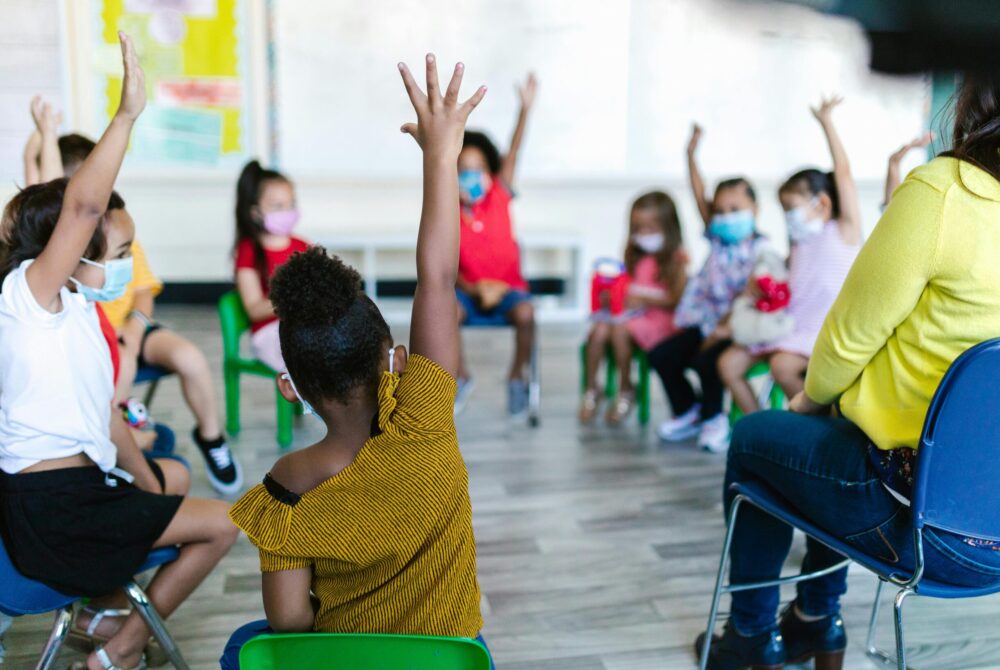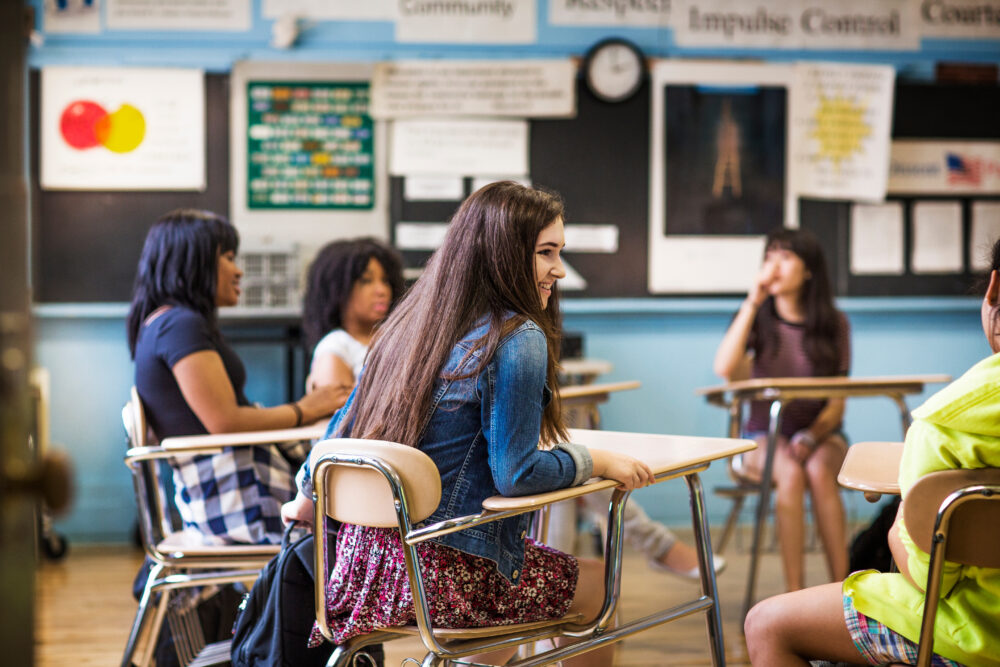Response to the New York City FY 2025 Budget Agreement
Kim Sweet, Executive Director of Advocates for Children of New York (AFC), issued the following statement in response to the announcement of the Fiscal Year 2025 city budget agreement.

We began the year sounding the alarm that the expiration of federal stimulus dollars could result in a massive step backwards for New York City schools, which have been using these temporary funds to address longstanding and ongoing needs. We appreciate that the budget deal includes more than $600 million for critical education initiatives currently supported with expiring federal funds, including 500 school social workers and psychologists, 100 shelter-based community coordinators, more than 100 community schools, 3-K and preschool special education, Learning to Work programs, restorative justice, bilingual supports, translation and interpretation services, dyslexia programming, Student Success Centers, and Summer Rising. These services and staff positions benefit hundreds of thousands of New York City students every year, and their loss would have been devastating for both individual young people and school communities. While the federal funding is going away, the need for these programs is not. We thank Mayor Adams and the City Council for recognizing the ongoing importance of these programs and identifying funding to continue critical initiatives whose future was at risk.
We are also pleased that the budget deal announced today includes the restoration of funding for key programs supported by expiring one-year city funds, including the Mental Health Continuum, immigrant family communications and outreach, and community schools.
As an organization working to ensure a high-quality education for every student, we know the importance of access to early childhood education, especially for children whose needs are too often overlooked. No child should be turned away from an early learning program because of immigration status, and we thank the Mayor and the Council for investing $25 million to continue and expand Promise NYC. In addition, more than 700 children with autism and other significant disabilities missed out on the chance to go to preschool this year because of the City’s shortage of seats in preschool special education classes, and thousands more ended the year still waiting for legally mandated services like speech therapy to begin, in violation of their legal rights. We are glad to hear that the final budget will include an additional $30 million for preschool special education, which will help hundreds of children, and appreciate the Council’s advocacy to increase funding beyond the amount in the Mayor’s Executive Budget. However, as we look ahead, the City must invest the resources needed to provide all preschoolers with disabilities with the classes and services they need and have a legal right to receive. Funding preschool special education classes and services is not optional and is essential to an effective and equitable school system. And, as advocates for children and families, we will keep working towards a system that provides every child with access to a 3-K program that works for their family – building on the new investments in outreach and extended day and year programs.
We are especially grateful to Council Speaker Adrienne Adams and Education Committee Chair Rita Joseph for championing New York City students and families throughout the budget process and standing with us in fighting to sustain important education programs, as well as to the parents, students, and advocates in the Emergency Coalition to Save Education Programs for their tireless advocacy over the past year.
We are relieved that many education programs that had been at risk of elimination will continue in the coming year and look forward to working with the Administration, City Council, school leaders, advocates, parents, and students to make progress toward meeting the needs of all students.



